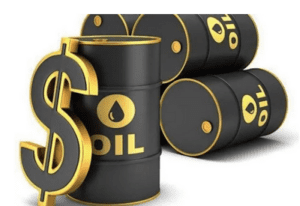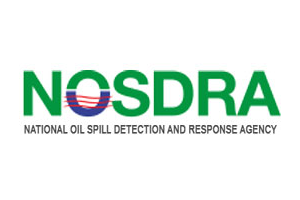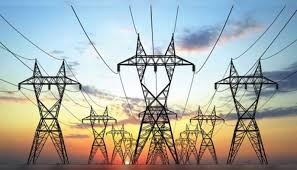
Average price of 5kg cooking gas stands at N4,610.48 in March – NBS
The National Bureau of Statistics (NBS) says the average price of 5kg of cooking gas increased from N4,600.57 recorded in February to N4,610.48 in March.
This is contained in the Bureau’s “Cooking Gas Price Watch’’ for March 2023 released on Monday in Abuja.
The report said the March 2023 price represented a 0.22 per cent increase, compared to what was obtained in February 2023.
It said on a year-on-year basis, the increase was 22.03 per cent from N3,778.30 recorded in March 2022.
On state profile analysis, the report showed that Kwara recorded the highest average price of N4,962.87 for 5kg cooking gas, followed by Abuja at N4,940.00, and Adamawa at N4,915.00.
It said on the other hand, Rivers recorded the lowest price at N4,204.45, followed by Abia and Anambra at N4,220.15 and N4,232.75, respectively.
Analysis by zone showed that the North-Central recorded the highest average retail price of N4,872.20, followed by the North-West at N4,651.93.
“The South-East recorded the lowest average retail price at N4,441.55,” the NBS said.
The report said the average retail price for refilling a 12.5kg cooking gas rose by 0.09 per cent on a month-on-month basis from N10,253.39 in February 2023 to N10,262.56 in March 2023.
“On a year-on-year basis, this rose by 34.72 per cent from N7,617.71 recorded in March 2022 to N10,262.56 in March 2023.”
State profile analysis showed that Jigawa recorded the highest average retail price of N11,687.00 for 12.5kg cooking gas, followed by Akwa Ibom at N10,880.20 and Cross River at N10,810.65.
On the other hand, the report showed that the lowest average price for 12.5kg of cooking gas was recorded in Ebonyi at N9,500.00, followed by Yobe and Gombe with N9,600.00 and N9,766.67, respectively.
Analysis by zone showed that the South-South recorded the highest average retail price for refilling a 12.5kg cooking gas at N10,507.72, followed by the
North-West at N10,435.35.
The report said the North-East recorded the lowest price of refining 12.5kg cooking gas at N9,808.50.
However, the average retail price per litre of kerosene dropped to N1,142.46 in March 2023 on a month-on-month basis, showing a decline of 2.68 per cent, compared to N1,173.89 recorded in February 2023.
According to its National Kerosene Price Watch for March 2023, on a year-on-year basis, the average retail price per litre of kerosene rose by 102.37 per cent from N564.55 in March 2022.
On state profile analysis, the report showed the highest average price per litre of kerosene in March 2023 was recorded in Adamawa at N1,595.24, followed by Abuja at N1,368.52 and Bauchi at N1,314.58.
“On the other hand, the lowest price was recorded in Jigawa at N916.67, followed by Kaduna at N955.00 and Edo at N957.14.”
The NBS said the analysis further showed that the North-East recorded the highest average retail price per litre of Kerosene at N1,256.59, followed by the South-East at N1,248.68.
It said the North-West recorded the lowest average retail price per litre of kerosene at N981.47.
The report said the average retail price per gallon of Kerosene paid by consumers in March 2023 was N4,105.25, indicating a 4.56 per cent increase from N3,926.23 recorded in February 2023.
“On a year-on-year basis, the average price per gallon of kerosene increased by 104.07 per cent from N2,011.70 recorded in March 2022.



